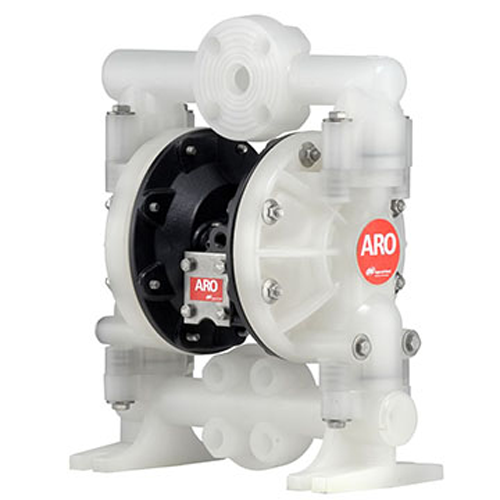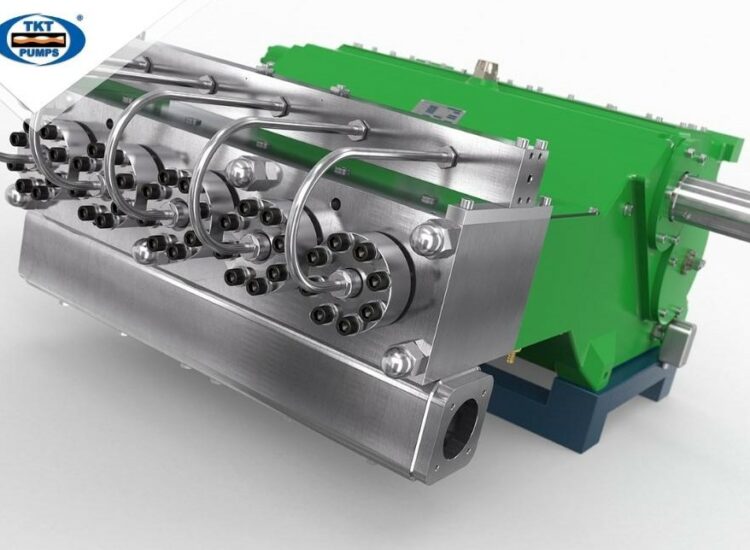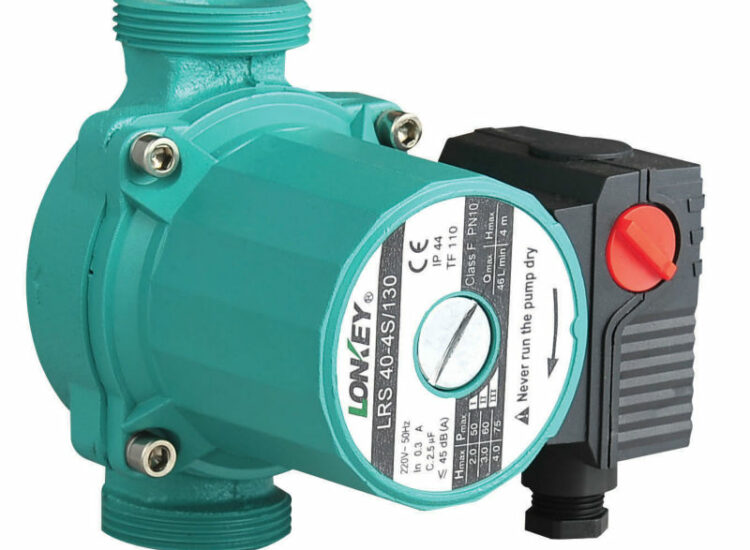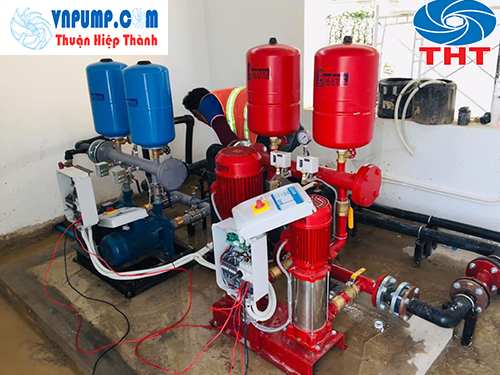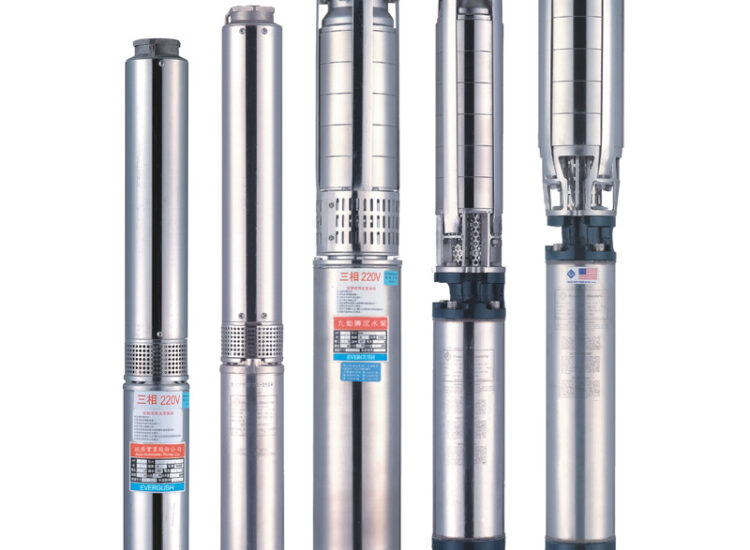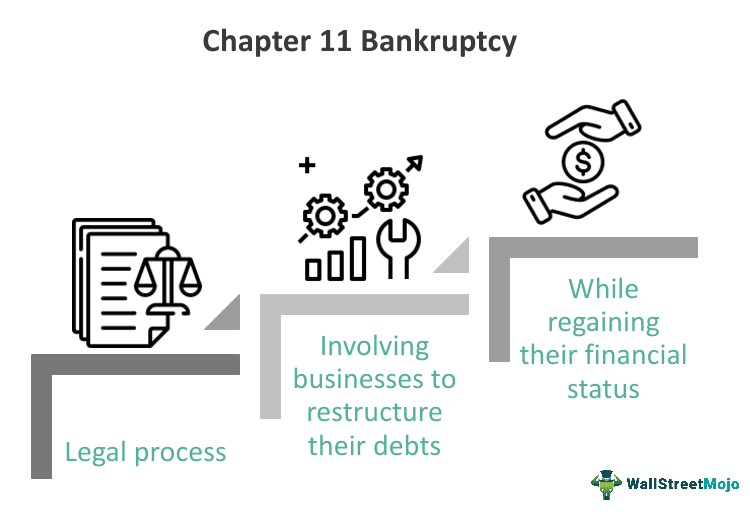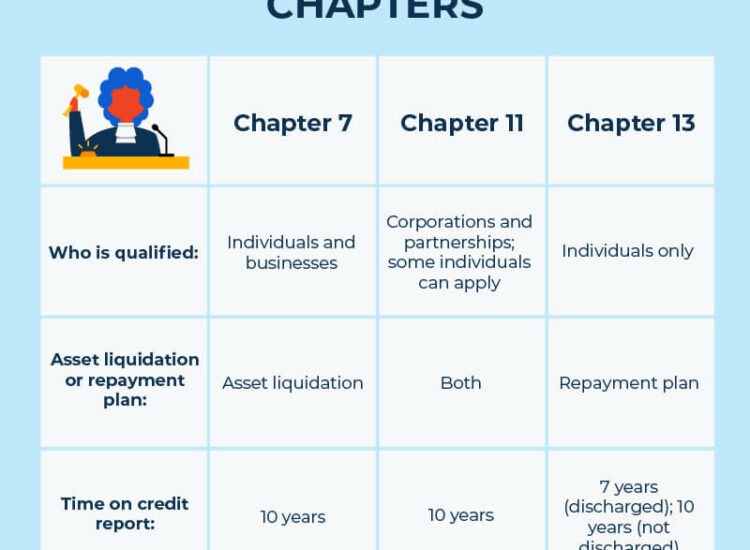In the rapidly evolving landscape of technology, the cloud has moved from a futuristic concept to an essential component of business operations worldwide. This monumental shift has created a significant demand for skilled professionals who can navigate the complexities of cloud environments. At the forefront of this technological revolution is the Cloud Computing Engineer, a pivotal figure responsible for designing, implementing, and managing the cloud infrastructure and services that power modern applications and businesses. A Cloud Computing Engineer, often referred to simply as a Cloud Engineer, is much more than just an IT specialist; they are architects and builders of the digital future, leveraging platforms like Amazon Web Services (AWS), Microsoft Azure, and Google Cloud Platform to create scalable, secure, and efficient solutions. As organizations increasingly migrate their operations and develop new applications directly in the cloud, the expertise of a Cloud Engineer becomes indispensable. This comprehensive article will delve into the multifaceted world of the Cloud Computing Engineer, exploring their critical role, the diverse skills required, the various specializations within this field, and the exciting career path it offers. Whether you are an aspiring IT professional or an organization seeking to understand this vital role better, grasping the essence of a Cloud Computing Engineer is crucial in today’s cloud-first world.
Toc
The Pivotal Role of the Cloud Computing Engineer in the Digital Age

The widespread adoption of Cloud Computing has fundamentally altered the requirements for IT professionals. Traditional roles focused on managing on-premises hardware and software are evolving, and the skills needed to thrive in a cloud environment are now paramount. The Cloud Computing Engineer sits at the intersection of infrastructure, software, and operations, making them essential to any organization leveraging the power of the cloud. They are the backbone supporting the flexibility, scalability, and innovation promised by Cloud Computing.
Defining the Role: What Exactly Does a Cloud Computing Engineer Do?
At its core, a Cloud Computing Engineer is an IT professional responsible for the technical aspects of Cloud Computing. Their duties are broad and can vary depending on the size and type of organization, as well as their specific specialization. However, common responsibilities revolve around the lifecycle of cloud solutions. They are involved in the design phase, helping to determine the optimal Cloud Infrastructure and Cloud Services to meet business requirements. This might involve selecting the right compute instances, storage solutions, networking configurations, and database services.
Once a design is established, the Cloud Computing Engineer is responsible for the implementation and deployment of these solutions. This involves setting up virtual machines, configuring networks, deploying applications, and ensuring that all components are correctly integrated within the cloud environment. Following deployment, a significant part of the role involves the ongoing management, monitoring, and maintenance of the cloud infrastructure. This includes ensuring performance, availability, security, and cost-effectiveness. They troubleshoot issues, implement updates and patches, and optimize resource utilization. In essence, the Cloud Engineer ensures that the cloud environment runs smoothly, reliably, and securely, directly contributing to the operational success of the business.
Why the Demand for Cloud Engineers is Skyrocketing

The demand for skilled Cloud Engineers has seen explosive growth over the past decade, directly mirroring the rapid global adoption of Cloud Computing. As more businesses recognize the strategic benefits of cloud computing—such as reduced costs, increased agility, enhanced scalability, and improved reliability—they are migrating their existing IT workloads to the cloud and building new applications natively in cloud environments. This mass migration and cloud-native development require professionals who possess specialized knowledge of cloud platforms and Cloud Services.
Traditional IT roles often lacked the specific skills needed to manage distributed, highly dynamic, and virtualized cloud environments. The complexities of configuring cloud networks, managing identity and access control in the cloud, implementing cloud-native security measures, and optimizing resource consumption in a pay-as-you-go model created a significant skills gap. The Cloud Computing Engineer emerged to fill this gap. Furthermore, the continuous innovation by cloud providers (AWS, Azure, Google Cloud, etc.) means the technology is constantly evolving, requiring professionals who are dedicated to staying updated and mastering these new services and capabilities. Businesses across all sectors—from finance and healthcare to retail and media—are actively seeking Cloud Computing Engineers to build and maintain their digital infrastructure, making it one of the most in-demand careers in the IT industry today.
Core Responsibilities: Building, Deploying, and Managing Cloud Infrastructure and Services

The day-to-day work of a Cloud Computing Engineer involves a diverse set of tasks centered around the practical application of Cloud Computing principles.
- Infrastructure Design and Planning: Collaborating with stakeholders to understand requirements and design scalable, resilient, and cost-effective cloud architectures using appropriate Cloud Services (e.g., choosing between different compute types, storage options, or database services).
- Deployment and Provisioning: Setting up and configuring Cloud Infrastructure resources, deploying applications, and automating these processes using tools like Infrastructure as Code (IaC) with platforms like Terraform or CloudFormation.
- Management and Monitoring: Overseeing the performance, availability, and health of cloud resources. Implementing monitoring tools and setting up alerts to proactively identify and resolve issues. Managing user access and permissions.
- Security Implementation: Working to secure the cloud environment by configuring firewalls, security groups, implementing identity and access management (IAM) policies, setting up encryption, and responding to security incidents. Cloud Security is a paramount concern.
- Cost Optimization: Continuously analyzing cloud resource usage and identifying opportunities to optimize costs by selecting more efficient service tiers, automating shutdown of non-production resources, or leveraging reserved instances.
- Troubleshooting and Support: Identifying and resolving issues within the cloud environment, whether they relate to performance, connectivity, application errors, or security.
- Automation: Developing scripts and using automation tools to streamline repetitive tasks, improve efficiency, and ensure consistency in deployments and management.
These core responsibilities highlight the critical role the Cloud Computing Engineer plays in ensuring that organizations can fully leverage the power and promise of Cloud Computing. Their work directly translates into operational efficiency, cost savings, and a secure, reliable digital foundation.
Essential Skills and Diverse Specializations for a Cloud Computing Engineer

Becoming a successful Cloud Computing Engineer requires a blend of foundational IT knowledge and specialized expertise in Cloud Computing technologies. The field also offers various paths for specialization, allowing engineers to focus on specific areas of interest within the cloud domain. Mastering these skills is fundamental for anyone aspiring to join the ranks of Cloud Engineers.
Foundational Technical Skills Every Cloud Engineer Needs
Before diving deep into specific cloud platforms, a Cloud Computing Engineer must possess a solid understanding of fundamental IT concepts. These skills serve as the bedrock for building expertise in the cloud.
- Operating Systems: Proficiency in administering both Linux and Windows server operating systems is essential, as these are the primary environments where applications run in the cloud. Understanding command-line interfaces (CLI) is crucial for automation and management.
- Networking: A strong grasp of networking concepts, including TCP/IP, DNS, routing, firewalls, and VPNs, is critical. Understanding how cloud networks (like AWS VPCs, Azure VNets, Google Cloud VPCs) are designed and configured is fundamental to building secure and connected cloud environments.
- Programming and Scripting: While not all Cloud Engineers are full-stack developers, proficiency in at least one scripting language (e.g., Python, Bash, PowerShell) is vital for automation, managing Cloud Infrastructure via APIs, and developing simple utilities. Understanding APIs and how different Cloud Services interact programmatically is also key.
- Virtualization: Understanding the principles of virtualization, which underlies much of Cloud Computing, is important. Concepts like virtual machines, hypervisors, and containers (like Docker and Kubernetes) are core technologies managed or utilized by Cloud Engineers.
- Security Fundamentals: A basic understanding of IT security principles, including identity and access management (IAM), encryption, network security, and common vulnerabilities, is necessary. Cloud Security is a shared responsibility, and the engineer must understand the customer’s part.
These foundational skills provide the necessary context and tools for a Cloud Computing Engineer to effectively learn and work with specific cloud platforms and Cloud Services.
Deep Dive into Cloud Platform Expertise: AWS, Azure, Google Cloud, and Beyond
While foundational skills are important, specialized knowledge of specific cloud platforms is where a Cloud Computing Engineer truly focuses their expertise. The major public cloud providers each have their own vast array of Cloud Services and unique features.
- AWS Engineer: Specializes in Amazon Web Services, the market leader. Requires deep knowledge of AWS Cloud Services like EC2 (compute), S3 (storage), VPC (networking), IAM (identity), Lambda (serverless), RDS (database), etc. An AWS Engineer understands the nuances of the AWS ecosystem and best practices for deploying and managing workloads on AWS.
- Azure Engineer: Specializes in Microsoft Azure, a strong competitor, particularly popular in organizations with existing Microsoft investments. Requires expertise in Azure Cloud Services like Azure VMs (compute), Azure Storage, Azure Virtual Network, Azure Active Directory (AAD), Azure Functions, Azure SQL Database, etc. An Azure Engineer focuses on Microsoft’s cloud ecosystem.
- Google Cloud Engineer: Specializes in Google Cloud Platform (GCP), known for its strengths in data analytics, machine learning, and Kubernetes. Requires knowledge of GCP Cloud Services like Google Compute Engine (GCE), Google Cloud Storage, VPC, IAM, Cloud Functions, BigQuery, Kubernetes Engine (GKE). A Google Cloud Engineer leverages Google’s specific capabilities.
Many Cloud Computing Engineer roles require expertise in one primary platform, while others, especially in multi-cloud environments, may require proficiency in two or more. Staying updated with the constant stream of new Cloud Services and feature updates from their chosen platform(s) is an ongoing requirement for any Cloud Engineer.
Exploring Different Paths: Specializations Within Cloud Engineering
The broad nature of Cloud Computing has led to the emergence of several specialized roles within the field of Cloud Computing careers.
- Cloud Architect: Focuses on the high-level design and strategy of cloud solutions. They translate business requirements into technical specifications, choose the appropriate Cloud Services, and design scalable, resilient, and cost-effective architectures. They often possess a deep understanding of multiple Cloud Computing domains.
- Cloud Administrator: Concentrates on the day-to-day operations and maintenance of the cloud environment. This includes monitoring system health, managing user accounts and permissions, implementing security policies, applying patches, and troubleshooting routine issues.
- Cloud Developer: Specializes in building applications that are designed specifically to run on the cloud. They leverage PaaS and SaaS offerings, work with cloud APIs, and often focus on microservices architectures, containerization, and serverless computing.
- Cloud Security Engineer: Focuses specifically on securing cloud environments. They design and implement Cloud Security controls, monitor for threats, ensure compliance with regulations, and develop security policies tailored for the cloud. Cloud Security is a highly critical specialization.
- Cloud DevOps Engineer: Combines aspects of development and operations, focusing on automating the software delivery lifecycle in the cloud. They build and manage CI/CD pipelines, implement Infrastructure as Code, and focus on collaboration between development and operations teams.
These specializations highlight the diverse range of Cloud Computing careers available, allowing professionals to align their skills and interests with specific areas of Cloud Computing.
Becoming a Cloud Computing Engineer: Education, Career Path, and Future Outlook
The journey to becoming a Cloud Computing Engineer is accessible through various paths, combining education, hands-on experience, and professional certifications. The field offers a promising and dynamic career outlook. For those wondering about the path forward, understanding the lộ trình trở thành cloud engineer is key.
Educational Background and Building Foundational Knowledge
While a Bachelor’s degree in Computer Science, Information Technology, or a related engineering field provides a strong theoretical foundation, it is not always a strict requirement to become a Cloud Computing Engineer. Many successful Cloud Engineers come from diverse backgrounds and build their expertise through alternative routes.
Building foundational knowledge in operating systems, networking, and basic programming is crucial, regardless of formal education. This can be achieved through online courses from platforms like Coursera, edX, or Udemy, attending technical bootcamps, or through self-study using documentation and tutorials. Focusing on gaining a solid understanding of these core IT principles is the first step on the lộ trình trở thành cloud engineer. Many entry-level roles or specialized training programs target individuals with these fundamentals and provide the necessary cloud-specific training. The willingness and ability to learn continuously are more critical than the specific degree obtained years ago, given the rapid pace of change in Cloud Computing.
Gaining Expertise: Certifications and Practical Experience
Once foundational knowledge is established, gaining practical, hands-on experience with actual cloud platforms is indispensable. This can involve setting up free tier accounts offered by cloud providers (AWS Free Tier, Azure Free Account, Google Cloud Free Tier), working on personal projects that utilize various Cloud Services, contributing to open-source projects, or participating in cloud-focused labs and workshops. Building real-world experience in deploying and managing Cloud Infrastructure is vital.
Complementing practical experience with vendor-specific certifications is a powerful way to validate cloud computing skills and enhance job prospects. Major cloud providers offer a range of certifications covering different roles and levels of expertise:
- AWS Certifications (e.g., AWS Certified Solutions Architect – Associate/Professional, AWS Certified SysOps Administrator – Associate, AWS Certified Developer – Associate).
- Azure Certifications (e.g., Azure Administrator Associate, Azure Developer Associate, Azure Solutions Architect Expert).
- Google Cloud Certifications (e.g., Associate Cloud Engineer, Professional Cloud Architect, Professional Cloud Developer).
Obtaining these certifications demonstrates proficiency in using a specific provider’s Cloud Services and is a recognized milestone on the lộ trình trở thành cloud engineer. Many organizations look for these credentials when hiring. Certifications, combined with practical experience, form a strong profile for a Cloud Computing Engineer.
Career Progression and the Future of the Cloud Engineering Role
The career path for a Cloud Computing Engineer is dynamic and offers numerous opportunities for growth. Individuals typically start in entry-level roles like Cloud Administrator, Cloud Specialist, or Junior Cloud Engineer. With experience, they can progress to Cloud Engineer, Senior Cloud Engineer, and eventually specialize as a Cloud Architect, Cloud Security Engineer, or lead a cloud operations team. Some may move into management roles overseeing cloud strategy and implementation. The demand for Cloud Computing careers is projected to remain strong for the foreseeable future.
The future of the Cloud Computing Engineer role will continue to evolve alongside the technology. Emerging areas like Edge Computing, Serverless Computing, and the increasing integration of Artificial Intelligence and Machine Learning services into cloud platforms will create new specializations and require engineers to adapt their cloud computing skills. The focus will likely shift even further towards automation, optimizing hybrid and multi-cloud environments, and implementing advanced Cloud Security measures. The role of the Cloud Computing Engineer is not just about managing existing infrastructure; it’s about being at the forefront of adopting and leveraging the new waves of cloud innovation. For those interested in a challenging, rewarding, and constantly evolving IT career, becoming a Cloud Computing Engineer represents a significant opportunity on the lộ trình trở thành cloud engineer.
In conclusion, the Cloud Computing Engineer is a vital professional in today’s digital landscape, responsible for the design, deployment, and management of the cloud infrastructure and services that power global businesses. Understanding what exactly does a Cloud Computing Engineer do highlights their broad responsibilities from initial planning to ongoing optimization and Cloud Security. The demand for this role is high due to the widespread adoption of Cloud Computing. A successful Cloud Engineer requires a blend of foundational IT skills, deep expertise in specific cloud platforms like AWS, Azure, or Google Cloud, and often specializes in areas like architecture, administration, development, or security. The lộ trình trở thành cloud engineer involves building foundational knowledge, gaining practical experience, and obtaining valuable vendor certifications. With a strong career progression and continuous evolution, the future for the Cloud Computing Engineer role is bright and full of opportunity for those ready to embrace the challenges and innovations of Cloud Computing.






